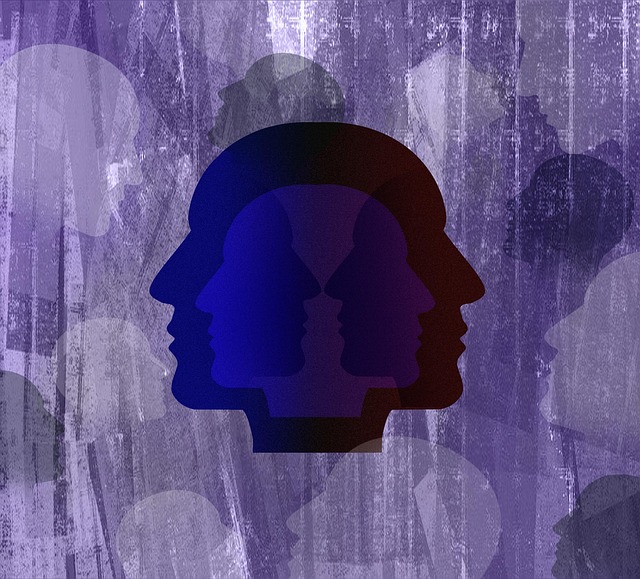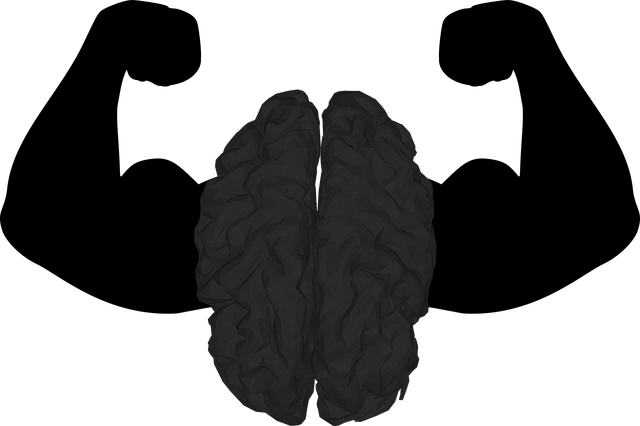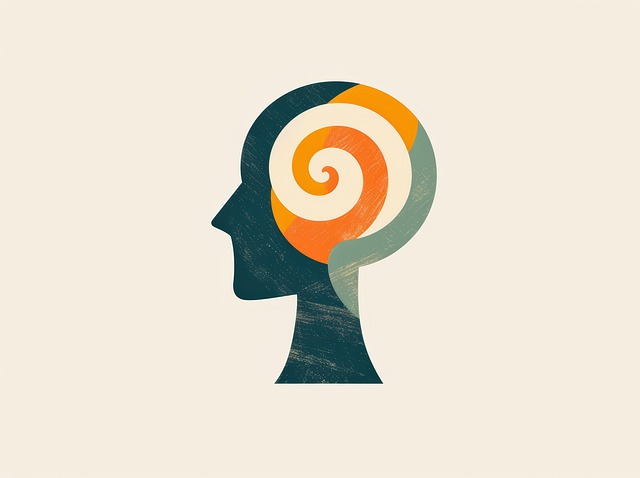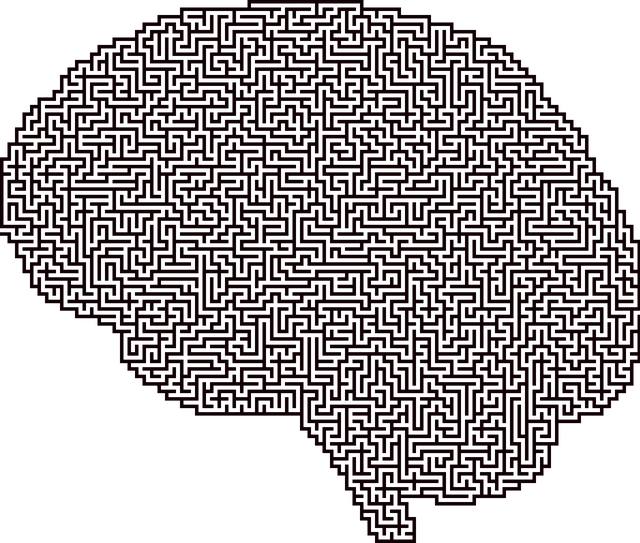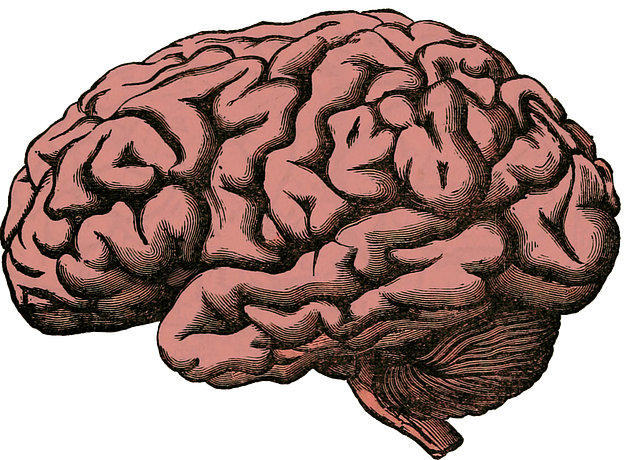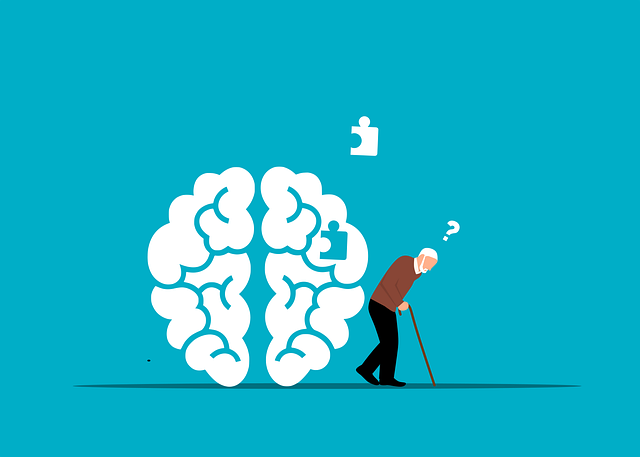Understanding mental health is key to designing effective educational programs for individuals with Centennial Developmental Disabilities (CDD). By demystifying emotions and providing tools like mindfulness meditation and mood regulation strategies, these programs empower participants to lead healthier lives. Using Universal Design for Learning principles, incorporating visual aids, varied teaching methods, and technology, these workshops foster self-awareness, emotional regulation, and social skills. Strategic outreach, community engagement, and evaluation through surveys, interviews, and observation ensure the program's success and positive impact on mental health awareness among CDD individuals.
“Unveiling holistic mental health support, this article explores the intricate design of educational programs aimed at fostering well-being. From establishing a robust foundation through ‘Understanding Mental Health’ to crafting inclusive curricula catering to diverse learners, we navigate essential strategies.
We delve into effective implementation tactics for community engagement and highlight the significance of evaluation for continuous improvement. Discover how Centennial Developmental Disability Therapy principles can revolutionize mental health education, ensuring accessibility and positive impact.”
- Understanding Mental Health: A Foundation for Education
- Designing an Inclusive Curriculum for Diverse Learners
- Implementation Strategies: Reaching and Engaging Communities
- Evaluating Impact and Fostering Continuous Improvement
Understanding Mental Health: A Foundation for Education

Understanding mental health is a fundamental step in designing effective educational programs, especially when tailored for specific populations such as individuals with Centennial Developmental Disabilities (CDD). This involves demystifying various aspects of psychological well-being, including emotional states and their impact on daily functioning. By providing comprehensive knowledge, participants can develop a healthier perception of their minds and learn to navigate mental health challenges more effectively.
A robust foundation in mental health education should cover topics like stress management and mood regulation. Incorporating strategies for stress reduction, such as mindfulness meditation techniques, allows individuals to gain control over their responses to stressful situations. Moreover, teaching mindfulness can enhance overall emotional intelligence, enabling better understanding and management of one’s feelings and those of others. Such workshops organized by organizations focusing on mental health awareness play a pivotal role in empowering individuals with CDD to lead more fulfilling lives.
Designing an Inclusive Curriculum for Diverse Learners

When designing a mental health education program, creating an inclusive curriculum is paramount to cater to diverse learners, including those with developmental disabilities. The approach should focus on Universal Design for Learning (UDL) principles to ensure accessibility and engagement for all participants. This involves providing multiple means of representation, expression, and interaction. For instance, incorporating visual aids, varied teaching methods, and offering different assessment options can accommodate learning differences.
For learners with Centennial Developmental Disability Therapy needs, incorporating strategies like Social Skills Training and Mindfulness Meditation can be beneficial. These practices promote self-awareness, emotional regulation, and social interaction skills. Additionally, leveraging technology through Mental Wellness Podcast Series Production can provide accessible and engaging content for diverse audiences, fostering an inclusive learning environment that respects and supports every learner’s unique needs and abilities.
Implementation Strategies: Reaching and Engaging Communities

Effective implementation of a mental health education program requires strategic approaches to reach and engage communities, especially those with unique needs like individuals from Centennial Developmental Disability Therapy backgrounds. Community Outreach Program Implementation can be tailored to address specific challenges and promote understanding. By utilizing accessible platforms and tailoring messaging, programs can break down barriers and reduce the mental illness stigma that often prevents vulnerable populations from seeking support.
Engaging community leaders, organizations, and peer support groups is vital. These partnerships facilitate trust-building and encourage open dialogue about mental health. Incorporating educational sessions within existing community structures, such as schools, faith groups, or disability support networks, ensures a welcoming environment. Emphasizing the importance of emotional intelligence can foster empathy and create safe spaces for individuals to share their experiences, ultimately enhancing overall community resilience.
Evaluating Impact and Fostering Continuous Improvement

Evaluating the impact of a mental health education program is paramount to ensure its effectiveness and make necessary adjustments over time. This process involves collecting qualitative and quantitative data through surveys, interviews, and observation. By assessing participant satisfaction, knowledge gain, and behavioral changes, organizers can gauge the success of the program. For instance, tracking improvements in self-care practices or reductions in stress levels among healthcare providers who participate in Compassion Cultivation Practices can serve as powerful indicators of a program’s positive influence.
Fostering continuous improvement requires embracing an iterative approach. Regularly reviewing feedback from participants and stakeholders helps identify areas for enhancement. Integrating Burnout Prevention Strategies for Healthcare Providers, such as mindfulness exercises or stress management workshops, might be beneficial in addressing common challenges within the field. Additionally, implementing a Community Outreach Program Implementation can expand the program’s reach, ensuring that diverse communities benefit from evidence-based mental health education.
Mental health education programs play a pivotal role in fostering understanding and support for individuals with developmental disabilities, such as those served by Centennial Developmental Disability Therapy. By designing inclusive curricula that cater to diverse learners, implementing effective community engagement strategies, and continually evaluating impact, we can create meaningful change. This holistic approach ensures that mental health resources are accessible and beneficial to all, contributing to a more compassionate and informed society.

